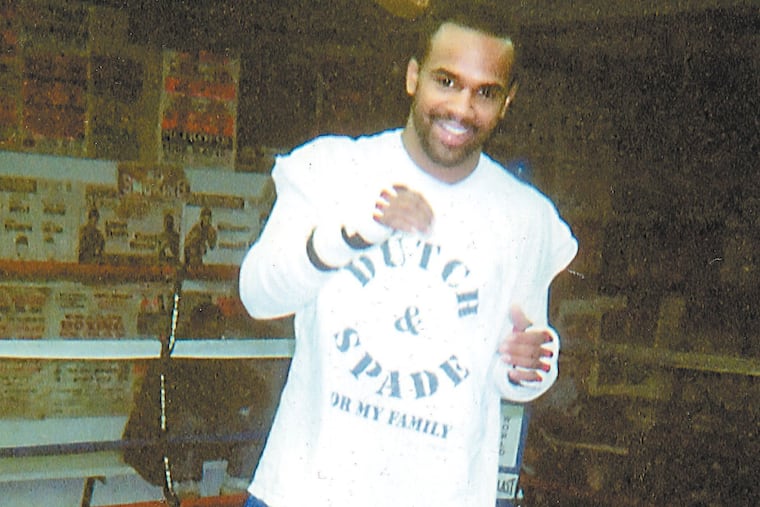Appeals court affirms federal death sentence for Kaboni Savage, notorious Philly drug kingpin
Savage’s case was the first time in nearly a century the court had been called upon to review a rarely imposed federal death sentence on direct appeal.

A federal appeals court has affirmed the death sentence of North Philadelphia drug lord Kaboni Savage this week, bringing the unrepentant killer responsible for the deaths of four children and two women in a 2004 firebombing attack one step closer to execution.
In its ruling, a three-judge panel of the U.S. Court of Appeals for the Third Circuit acknowledged that Savage’s case was the first time in nearly a century that the Philadelphia-based court had been called upon to review a rarely imposed federal death sentence on direct appeal, and that since then, public debate over the punishment has shifted substantially.
Still, Chief Judge D. Brooks Smith, writing for the Philadelphia-based panel in a 201-page opinion issued Thursday, said the court discerned “no grounds entitling Savage to relief on any of the issues he raises.”
The decision was just one setback in a string of appellate options Savage can pursue before his execution date would be scheduled. But the Justice Department resumed carrying out federal death sentences this year after a nearly two-decade pause, so the ruling could be more significant than it might have been just a few years ago.
Lawrence S. Lustberg, one of Savage’s attorneys, called the ruling “flawed” and said it “endorsed significant infringements on the rights of defendants facing capital punishment.” In a statement, he cited one of the arguments the court rejected: that the trial court improperly decided to let Savage change lawyers during jury selection and then refused to grant a continuance, leaving his new lawyer unprepared to adequately defend him at trial.
“No lawyer, no matter how experienced, could have rendered an adequate defense,” Lustberg said. “Under the circumstances, it is inconceivable that the Court of Appeals could have been satisfied that a death verdict was appropriate.”
A federal jury convicted Savage in 2013 in a racketeering case that linked him to 12 murders, many of them aimed at silencing potential witnesses or others he deemed threats.
The former boxer had risen from street-level dealing in Hunting Park to become a major drug trafficker and was described by witnesses at his trial as a cunning businessman whose desire for control was matched only by his murderous ruthlessness.
Stints in prison did little to chasten him. He boasted to his girlfriend — on recordings later aired at his trial — that he dreamed of “killing rats.”
And it was from solitary-confinement while awaiting trial in a federal case that Savage committed his most notorious crime: the 2004 firebombing in North Philadelphia that killed a family related to a former confidant, Eugene Coleman, who had agreed to help the FBI gather evidence against him.
When Coleman was temporarily released from prison to attend the funerals, a bug placed in Savage’s prison cell caught the kingpin quipping: “They should stop off and get him some barbecue sauce … pour it on them burnt b—s.”
In his appeal, Savage’s attorneys challenged several decisions of the trial judge, U.S. District Judge R. Barclay Surrick, as well as the makeup of the jury and Surrick’s instructions to the panel before it deliberated and delivered its verdict.
The appellate panel, which in addition to Brooks included Judges Kent A. Jordan and Julio M. Fuentes, rejected all of those arguments.
In a statement Friday, U.S. Attorney William M. McSwain hailed that decision, saying the panel had paid “necessary and careful attention to all of the arguments” Savage presented and made the appropriate call.
“The crimes committed by Kaboni Savage were unprecedented in this district in their cruelty and horror,” he said. “We recognize that much litigation likely lies ahead, and will remain steadfast and resolute in our pursuit of justice for the defendant’s many victims and for this community.”
Since his sentencing, Savage has been housed at the “supermax” prison in Florence, Colo. He is the only Pennsylvanian on federal death row.